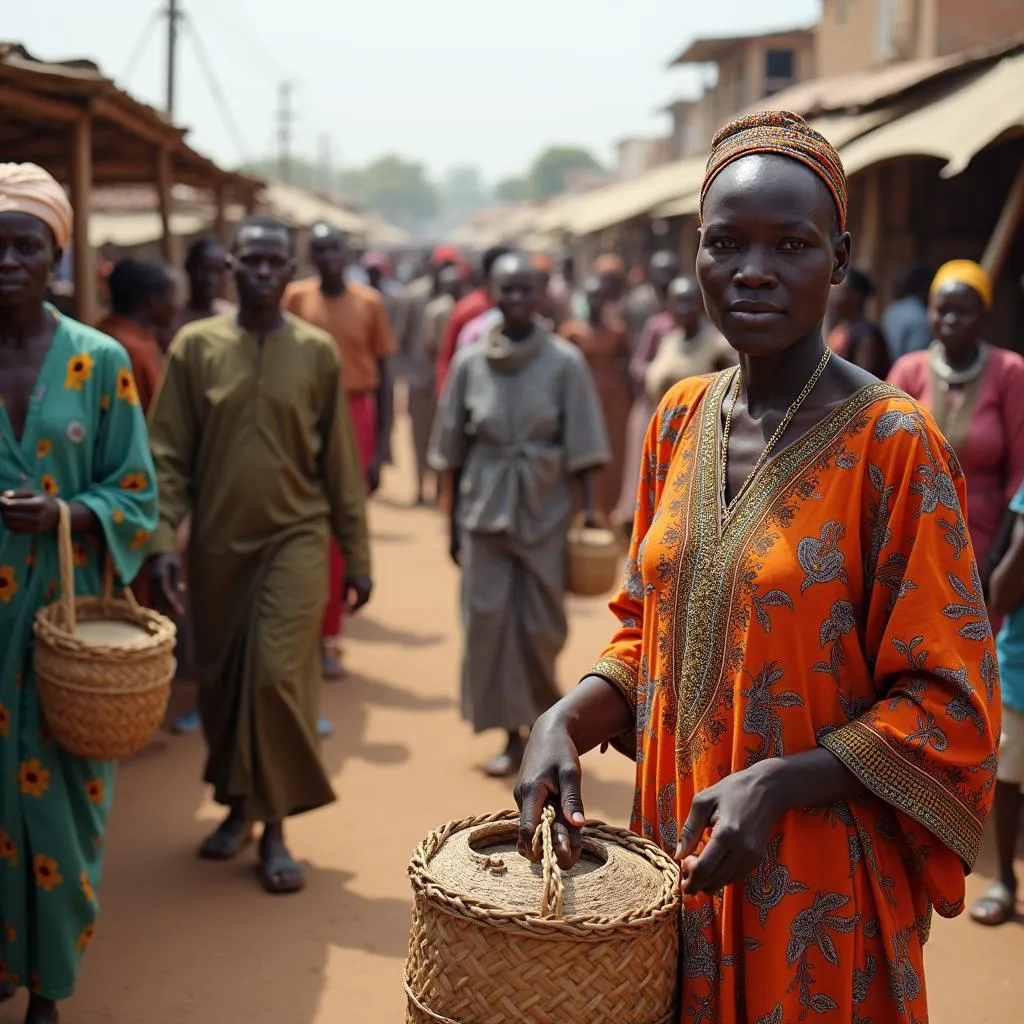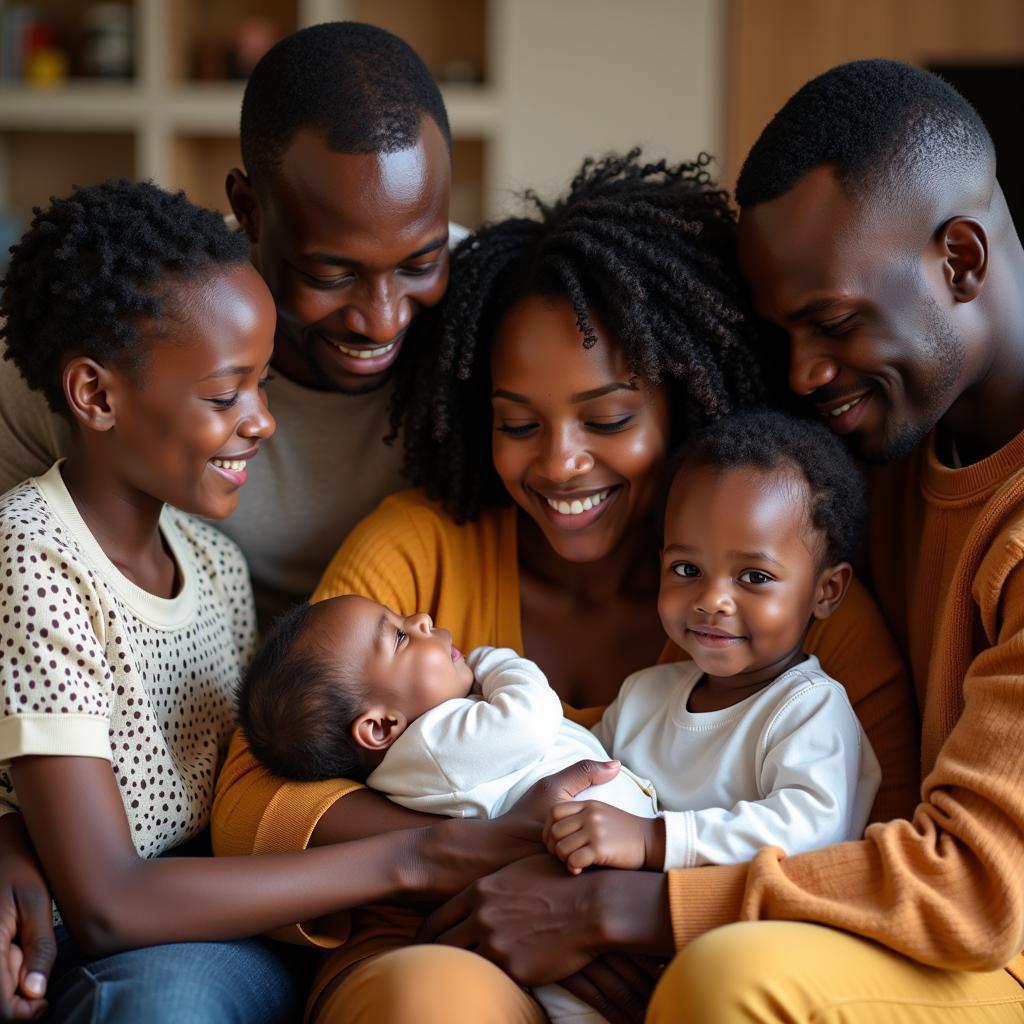African American Country Clubs: A History and Overview
African American Country Clubs have a rich and complex history, reflecting the broader struggles and triumphs of African Americans in the United States. These clubs emerged as vital social spaces, fostering community, and offering refuge from the pervasive racism of the Jim Crow era. They continue to play an important role today, though their context has evolved significantly.
The Rise of African American Country Clubs
Exclusion from mainstream white country clubs fueled the creation of separate African American institutions. These clubs offered more than just recreational facilities; they became centers for Black social life, business networking, and political organizing. In a time of segregation, they provided a safe haven where African Americans could gather, celebrate, and build community without facing discrimination. These clubs played a key role in the Civil Rights Movement, hosting meetings and strategizing sessions, and nurturing future leaders. south african comedian
A Haven from Segregation
The early 20th century saw the founding of several prominent African American country clubs. These included the Shady Rest Golf and Country Club in Scotch Plains, New Jersey, established in 1921, and the Clearview Golf Club in East Canton, Ohio, founded in 1946. These clubs served as important venues for showcasing Black excellence in sports, particularly golf. They provided opportunities for African American golfers to compete and excel at a time when they were barred from participating in mainstream tournaments.
“African American country clubs were vital not just for recreation, but for fostering a sense of belonging and empowerment,” notes Dr. Kenneth Washington, a historian specializing in African American social history. “They were a testament to the resilience and determination of the Black community.”
African American Country Clubs in the Modern Era
While the overt segregation that spurred their creation has been dismantled, African American country clubs continue to thrive. They still serve as important community hubs, preserving a unique cultural legacy. Though membership may be more diverse today, these clubs retain a strong connection to their historical roots. african comedians in america
Evolving Roles and Challenges
Modern African American country clubs face new challenges, including declining membership, financial pressures, and competition from other social and recreational venues. However, many clubs are adapting, offering updated amenities, expanding their programming, and attracting a new generation of members. They continue to play a vital role in promoting social justice and community development.
“Today’s African American country clubs are evolving to meet the needs of a changing world,” explains Brenda Johnson, a prominent community leader and long-time member of an African American country club. “They remain important spaces for celebrating our heritage and building a brighter future.”
What is the primary purpose of African American country clubs?
Historically, African American country clubs provided a safe space for socializing, networking, and recreation during segregation. Today, they continue to serve as community hubs, though their roles are evolving.
Conclusion
African American country clubs have played, and continue to play, a significant role in American history and culture. These clubs are not simply places for recreation; they represent a powerful story of resilience, community building, and the ongoing pursuit of equality. african american moving to south africa They are a testament to the strength and spirit of the African American community.
FAQ
- When were the first African American country clubs established? Primarily in the early to mid-20th century.
- Why were these clubs created? Due to exclusion from white country clubs during segregation.
- Do these clubs still exist today? Yes, they continue to thrive and serve their communities.
- What are some of the challenges facing modern African American country clubs? Declining membership, financial pressures, and changing social dynamics.
- How are these clubs adapting to modern times? By updating amenities, diversifying programming, and attracting new members.
- What is the significance of African American country clubs? They represent a powerful story of resilience, community building, and the pursuit of equality.
- Where can I find more information about specific African American country clubs? Online resources, historical archives, and local community organizations.
When needing help contact Phone Number: +255768904061, Email: [email protected] Or visit address: Mbarali DC Mawindi, Kangaga, Tanzania. We have a 24/7 customer service team.

